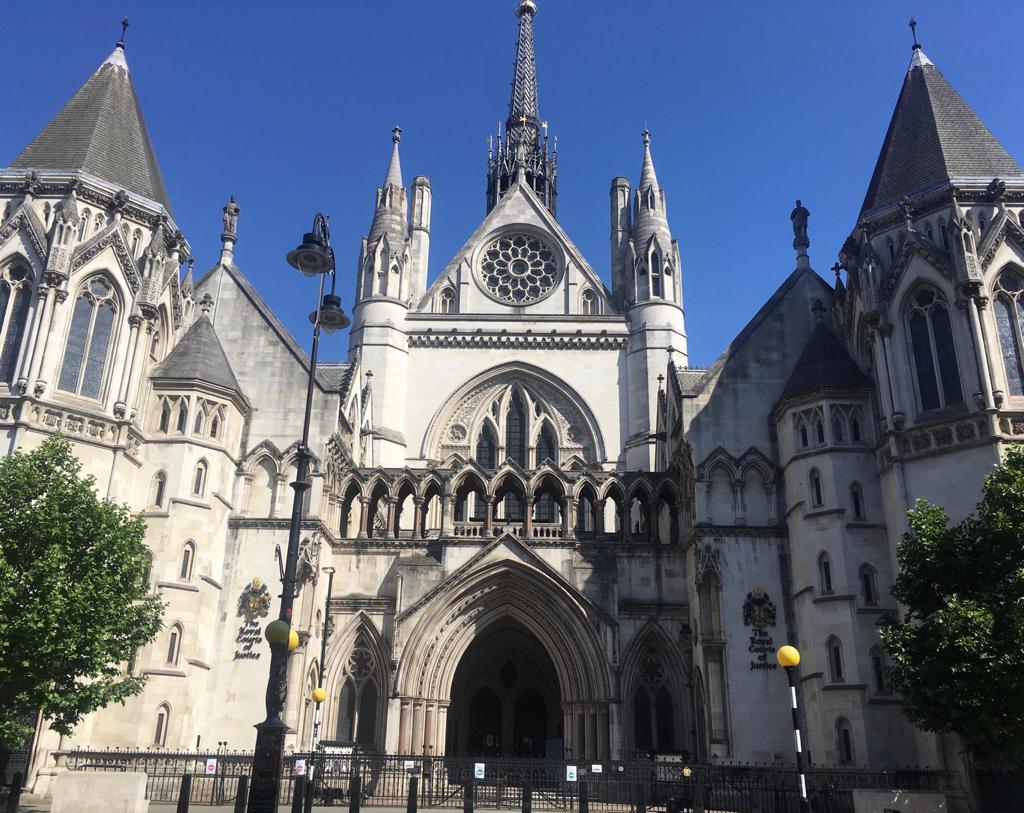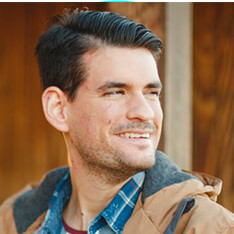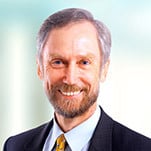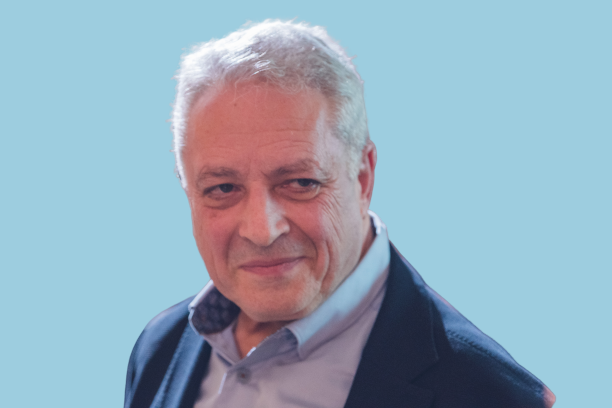Biography

Told throughout his childhood and teens that he was unreasonably argumentative, Howard decided upon a legal career.
The barrister’s life seemed too solitary, so he chose to become a solicitor and still loves his work, now into its second half-century.
Howard was born in December 1944 to a second-generation English mother, raised in London, and a third-generation English father, from a family of wine merchants in Manchester. A baby-boomer, Howard remembers the bleak days of the Fifties, the Swinging Sixties – marked by JFK avoiding nuclear holocaust, and his assassination the following year – the “strenuous seventies” – in which Britain became largely dysfunctional – the exciting eighties – driven by the dynamism of Margaret Thatcher – the Nineties and the Noughties – with the post-9/11 years that followed.
Told throughout his childhood and teens that he was unreasonably argumentative, Howard decided upon a legal career. The barrister’s life seemed too solitary, so he chose to become a solicitor and still loves his work, now into its second half-century.
Over the decades, Howard developed his commercial practice, both contentious and non-contentious. He also lectured to university students on hi-tech in the legal profession, and property law and practice, and then to accountants and surveyors on acquiring and disposing of businesses.
Howard is proud of saving several clients from the depredations of harmful and dissolute spouses and – a favourite line of work, – negligent professional advisors. He would never turn down a deserving pro bono case.
Howard loves the seemingly mutually-exclusive pursuits of cooking and travel, which has taken him many times to the Far East, where he became acquainted with less exclusivist religions than those of the West. This is a continuing source of fascination for him. Yet, Howard’s greatest focus has been on America.
His first visit to New York opened his eyes to a country in which great wealth and abject poverty live cheek by jowl. His second-hand acquaintance with the Vietnam War in the UK (through books, movies, and television) crowded in on him. Visiting Washington DC reawakened his memories of that terrible war and the work, and assassination, of Martin Luther King. Over that trip, he became fascinated with the travails of the American nation. He was struck by the number of traumas that Americans have both suffered, and thrust upon themselves. Years later, these thoughts, mingled with repeated reports of mass shootings in the States, coalesced in his mind. He identified that America is uniquely afflicted by trauma and started research for his book on American violence.
Light bulbs went off in his head, prompting one great question: Why did the US have to go through so much pain as compared with any other nation?
This eventually led to his major work: Traumatised Nation: How America became so violent.
The fascination with America was not yet sated. Having been brought up on stories of the Holocaust, and fascinated by the journey of Wernher von Braun (the German father of rocketry), Howard took one chapter from Traumatised Nation – Sputnik and the Space Race – and wrote an historical novel: a considered explanation of how the humiliation of the American nation, by constantly being behind Soviet Russia in space, was redeemed by the German immigrant scientist. Howard insists that his story is predominantly factual, and that his few central fictional characters are merely devices to elicit the facts.
A novel, The Compartmentalist, followed. A story about an English lawyer, writing this provided a minor catharsis for Howard, as he was able to draw on various work-life experiences, which he packaged together as a psychological thriller, with threats and solutions familiar to him.
Next, Howard awakened one day to a news story about the trafficking of babies in Spain. It chimed with what he subconsciously knew, and had forgotten, about the plight of very many British children over several centuries. This led to another, profoundly researched book, still in development: Despoil the Child.
Howard’s books have three things in common, whether fiction or non-fiction: they are page turners. The language is not over-elevated, but neither is it too simple. Howard chooses every word with care for accuracy, yet each page flows into the next – and all content is thoroughly researched.
Howard has had a couple of complaints from readers of his books: that they should have been warned not to start reading too late at night. People cannot put them down.
Howard remains passionate about the law, still working whilst writing.
Apart from Despoil the Child (about the mass trafficking and abuse of children by government and institutional bodies), Howard is working on a book about Hitler, but with a fresh approach: to demonstrate that the “mad genius” was in no way a genius.
Readers' reviews
Brilliant! Really forensic, as claimed, and all the storylines are satisfactorily resolved in the end.

Mr K R Birmingham
England
The writer is a master storyteller who must be on the verge of widespread recognition. He really seems to research everything as carefully as he claims. And by the last page, there are no annoying loose-ends.

Ms T S Glasgow
Scotland
I really enjoyed this book. It swept me along from before Pearl Harbor to the late 1960's without taking a breath. All the characters were so believable I stopped trying to think who was genuine and who was fictional. Highly recommended.

Mr Q R Bristol
England

